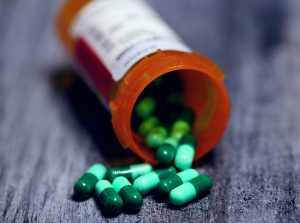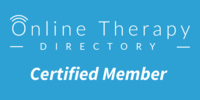According to the National Institute on Drug Abuse, “Opioids are a class of drugs that include the illegal drug heroin, synthetic opioids such as fentanyl, and pain relievers available legally by prescription, such as oxycodone (OxyContin®), hydrocodone (Vicodin®), codeine, morphine, and many others.”
When a person becomes addicted to opioids, their brain experiences a rush of dopamine. These reward pathways, over time, come to expect their “fix.” Addiction may eventually lead someone to engage in dangerous or erratic behavior and isolate themselves from friends and family.
Substance abuse is typically accompanied by mental health conditions such as depression and anxiety. But, because both depression and substance abuse engage the same brain mechanisms, they often respond to the same treatment approaches.
Treatments for Opioid Addiction
There are many different paths to recovery, and what works best for one individual may not be the best solution for someone else. Some advocate for natural recovery, which is when an individual achieves improved physical, psychological, and social functioning on their own. Other individuals find healing through the support of community or peer-based networks, while still others opt for clinical-based recovery through the services of credentialed professionals.
Depending on which path the individual chooses, treatment can include a variety of components, which are often used in conjunction with other treatment options. Come components include:
- A medically-supervised detoxification
- Medications that reduce or counter the use of illicit substances or may target accompanying anxiety and depression.
- Cognitive Behavior Therapy (CBT) can help an individual recognize their behavior patterns and learn coping tools to deal with their addiction in healthy ways.
- Group therapy can support individual recovery and prevent the recurrence of substance use.
- Family therapy can help addicts fix any damage done to family relationships and create a healthy space to encourage support.
Besides cognitive behavioral therapy, another specific type of therapy that works particularly well with addiction is called Gestalt therapy. This style of therapy stresses taking ownership of your life and working within your present-moment experience to see how and where you fit in your interconnected web of relationships. For these reasons, it can be a critical tool in helping people beat their opioid addiction.
Opioid addiction is a treatable condition and complete remission is entirely possible with the right tools and support. If you or someone you know would like to explore treatment options for a substance abuse issue, please feel free to get in touch with me.
References:




Leave a Reply